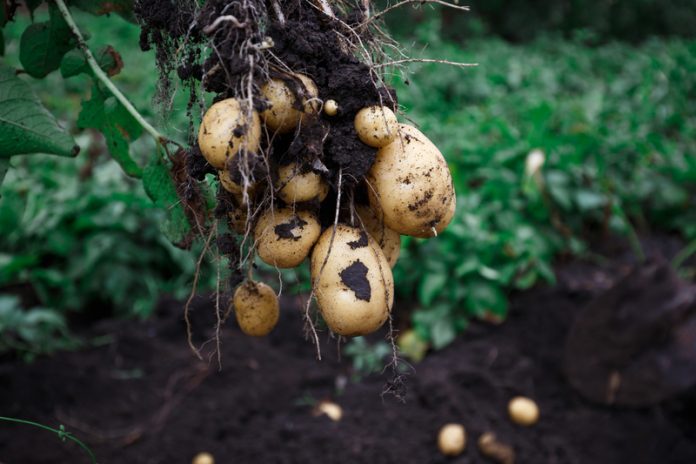James Lomax from the Economy Division at UN Environment offers his thoughts on the policy priorities for global food systems
The 10-year framework of 6 programmes on sustainable consumption and production patterns (10YFP) is a global framework of action to enhance international cooperation and to accelerate the shift towards sustainable consumption and production (SCP), in both developed and developing countries.
At the United Nations Conference on Sustainable Development (Rio+20) in 2012, heads of state adopted the 10-Year Framework of Programmes on sustainable consumption and production patterns (10YFP), a global framework for action to accelerate the shift towards SCP in both developed and developing countries.
One of the programmes within 10YFP is the sustainable food systems programme (SFS), for which James Lomax is a focal point, who starts the interview by revealing that this aspect of the UN’s work was very much aimed at bringing these ideas into policy-making. He then tells us about the concrete activities of the SFS programme, in his own words.
“The SFS programme is there to address the fact that current food and agriculture systems – from production to consumption are failing in many ways. For example, in some parts of the world, they are leaving people hungry whereas in some places, obese and everything in between. At the same time, the food system causes much environmental degradation so, within that brief, UN Environment is working on the activities within the SFS programme’s 5 themes.
“The first theme is around getting people to eat better, which could be described as sustainable nutrition. But what does that mean? It means more balanced diets and with less animal protein, – how to encourage people to move away from consuming processed foods and also to choose sustainably grown foods. Together this would mean more sustainable diets that are good for people and for the planet. The second point is around reducing food losses and waste, indeed as you know 30% of food produced it not eaten.
“The third point is about sustainable supply chains and value, so how can they be more efficient and how can we bring in more sustainable markets to farmers? The fourth theme which is linked to the third is around agriculture and how can we make this sector more sustainable and encourage farmers to adopt more sustainable practices.
“The fifth is a more overarching theme, which concerns enabling conditions and how to make food and agriculture policy-making more integrated. How can we bring in health practitioners into discussions about food production? How do we make food sector governance better from a sustainability angle? While it is all-encompassing – if all these things are done in the right way – then we can create a more transformative agenda.”
Agriculture
Elaborating on sustainability in terms of the process from farm to fork, Lomax explains that policymakers at a local and national level are not thinking in a cross-cutting way. For example, there is much silo thinking between agriculture and food policy makers, that prevent the development of holistic solutions and activities that positively impact agriculture, environment, business and human health.
Lomax then offers his thoughts on the need for multistakeholder action and feeding this into policymaking by the public and private sectors. For example, how can farmers be brought into discussions, but also with the private sector and NGOs convened by governments?
Looking back to the five themes, Lomax then underlines that if consumers can demand more diverse and balanced food, then that will have an impact on the supply chain. He goes on tell us more about this.
“It will change the way retailers produce and market their food to consumers, so from the food waste point of view, for example, retailers have a great influence on the way consumers value food and how it is consumed at home.
“Therefore, at UN Environment, we want there to be a positive influence from the food supply chain to consumers, so they understand that bad diets and food waste is bad for them, the planet and when it comes to food waste is bad for their pocket too.”
In closing, the conversation moves towards the technology angle in global supply chains, indeed Lomax is keen to expand this interesting point.
“Technology can play a very positive role and when it comes to efficiencies and food waste, it’s very important. However sometimes supply chains can be overcomplicated, and technology plays a part in that – the horsemeat scandal is a good example where the distance between the consumer and production became too far to be traceable.”
“The connection between the way food is both consumed and produced therefore becomes too far removed. This makes it difficult for people to understand the inherent value it has. I think if we address the values we have around food, then things would change dramatically.
“There are a lot of technologies out there which are very good when it comes to efficiencies and price, but I think we have to look at quality over quantity and if food is priced correctly.”
James Lomax
Programme management officer
(food systems and agriculture)
Cities Unit, Energy and Climate Branch
Economy Division, UN Environment
Tel: +33 1 44 37 14 37











